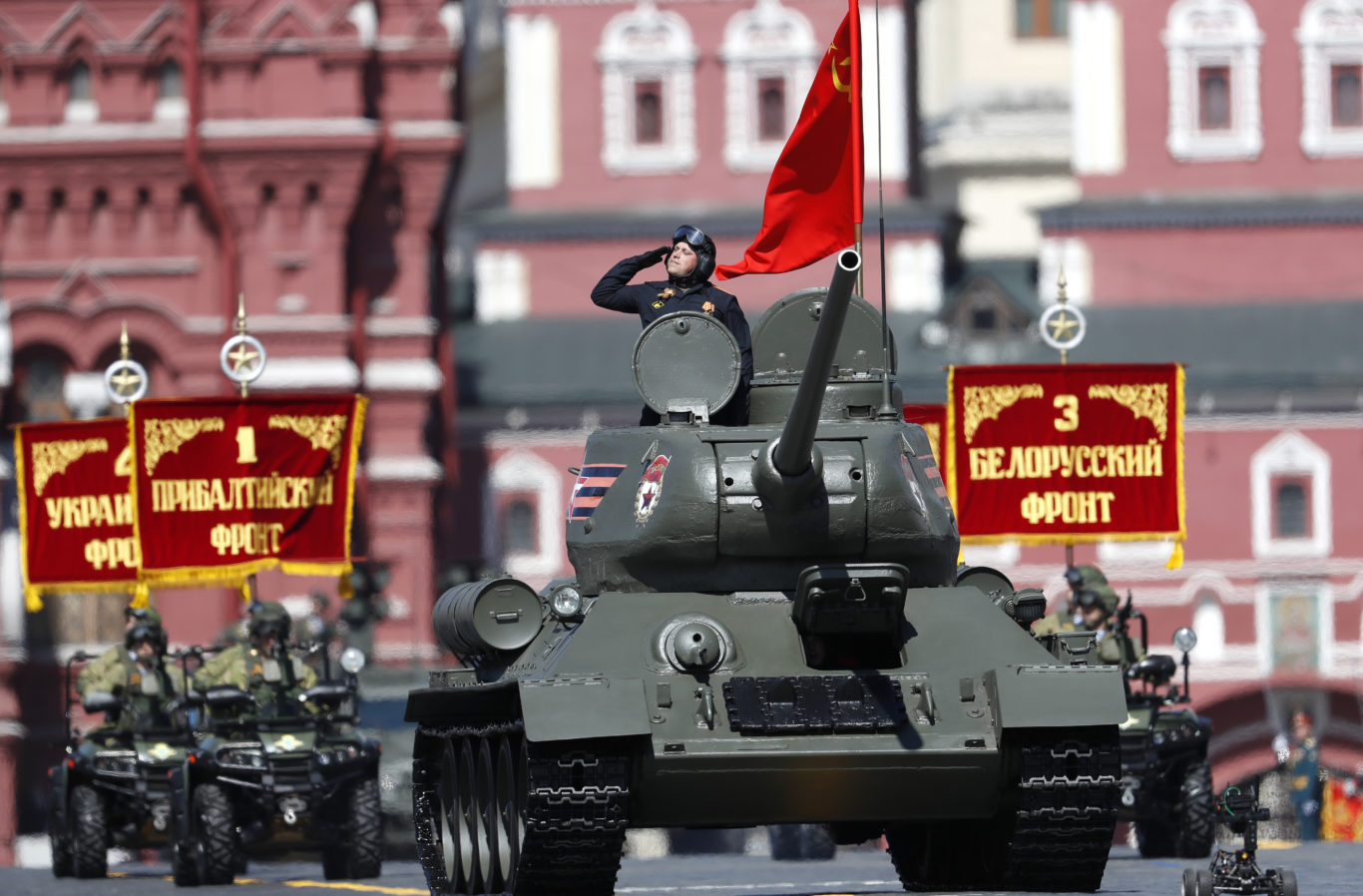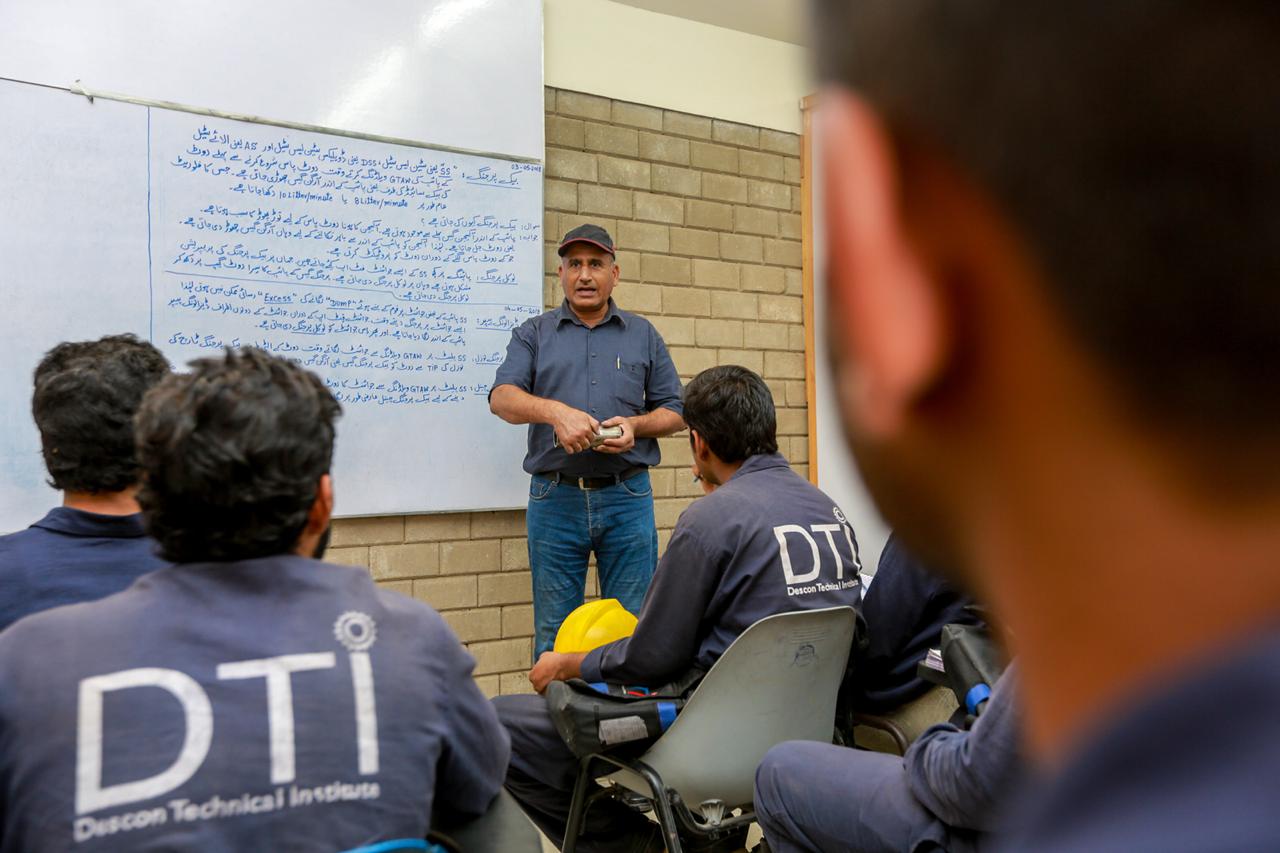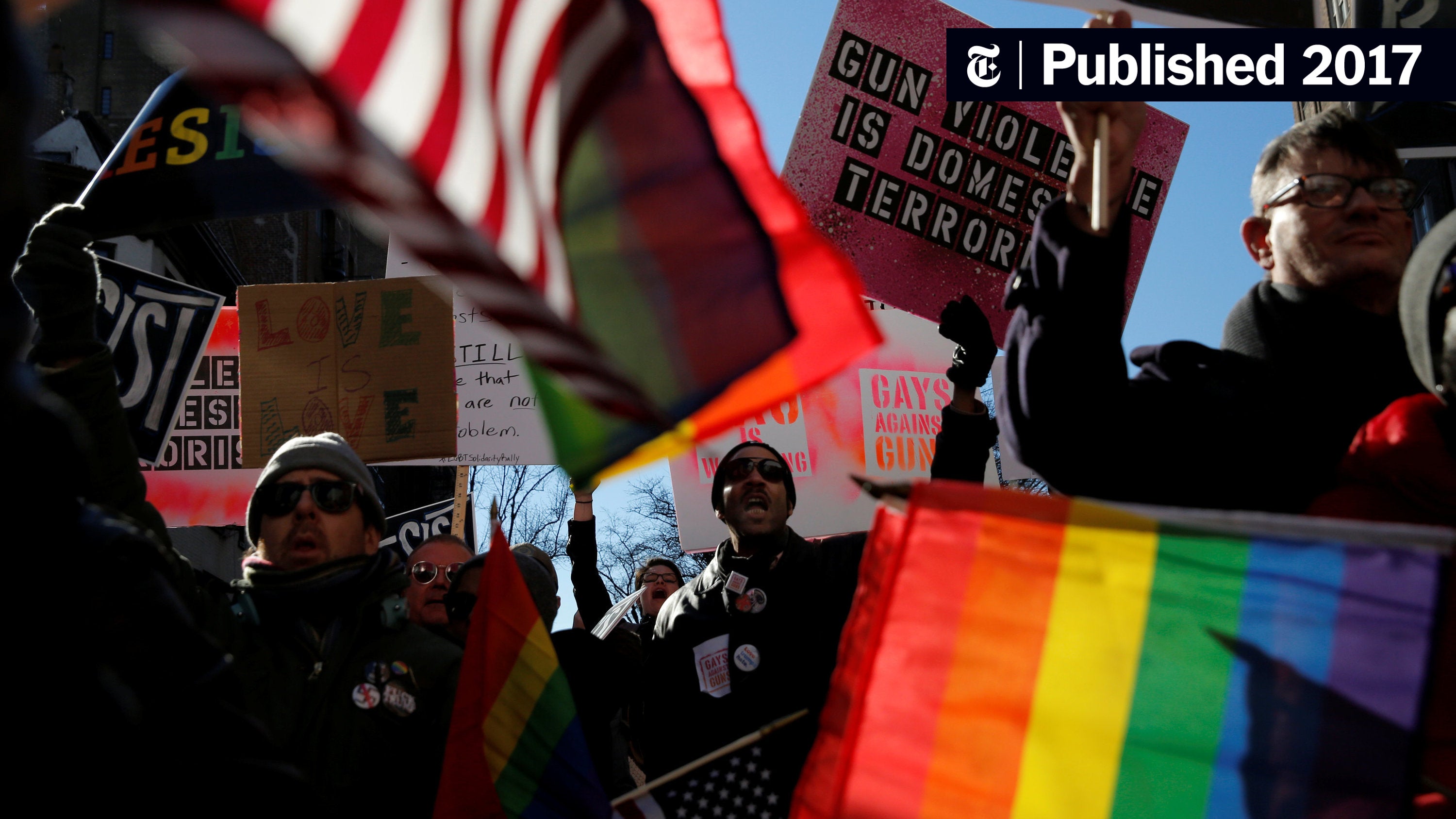Analyzing Russia's Military Display At Putin's Victory Day Parade

Table of Contents
This year's Victory Day parade in Moscow served as a powerful display of Russia's military might, showcasing a range of weaponry and troop formations under the watchful eye of President Vladimir Putin. This analysis delves into the key aspects of the parade, interpreting the showcased military hardware and formations to understand their implications for Russia's military strength and geopolitical ambitions. The parade offers crucial insights into Russia's current military posture and potential future military strategies. Understanding these displays is vital for comprehending the evolving geopolitical landscape.
The Parade's Weaponry: A Showcase of Modernization and Capabilities
The weaponry displayed at the Victory Day parade provided a clear indication of Russia's military modernization efforts and its current capabilities. The parade served as a potent visual representation of Russia's arsenal, both conventional and nuclear.
Advanced Missiles and Systems
The parade prominently featured some of Russia's most advanced missile systems, highlighting its nuclear deterrence capabilities.
- Sarmat Intercontinental Ballistic Missile (ICBM): This new ICBM boasts an unprecedented range and payload capacity, capable of striking targets virtually anywhere in the world. Its multiple independently targetable reentry vehicles (MIRVs) further enhance its destructive potential.
- Range: Over 18,000 kilometers
- Payload: Multiple warheads
- Accuracy: High precision targeting
- Iskander-M Short-Range Ballistic Missile System: This highly mobile system is known for its precision and ability to evade missile defense systems. Its deployment near Ukraine's borders has caused significant concern.
- Range: Up to 500 kilometers
- Payload: Conventional or nuclear warheads
- Accuracy: High precision, capable of pinpoint strikes
Armored Vehicles and Tanks
The parade showcased a range of advanced armored vehicles and tanks, signifying Russia's commitment to modernizing its ground forces.
- T-14 Armata: This next-generation main battle tank is touted as a significant leap forward in tank technology, featuring advanced armor, firepower, and automation. However, its actual combat effectiveness remains largely untested.
- Key Features: Advanced composite armor, 125mm smoothbore gun, automated loading system.
- T-90M Proryv: An upgraded version of the T-90 tank, the Proryv incorporates improved fire control systems, enhanced armor protection, and a more powerful engine. These upgrades reflect Russia's efforts to enhance the capabilities of its existing tank fleet.
- Key Features: Improved thermal imaging, ERA (Explosive Reactive Armor), upgraded engine
Air Power Display
Russia also showcased its air power, with a display of both established and advanced aircraft.
- Sukhoi Su-57 Stealth Fighter: Russia's fifth-generation stealth fighter jet, the Su-57, was a highlight of the parade. While its stealth capabilities are still debated, its advanced avionics and weaponry represent a significant investment in air superiority.
- Speed: Supersonic
- Range: Over 3,500 kilometers
- Weaponry: Air-to-air and air-to-ground missiles.
- MiG-31K Interceptor: This long-range interceptor is capable of carrying the Kinzhal hypersonic missile, adding a significant element to Russia's air defense capabilities. Its speed and range make it a formidable threat.
- Speed: Mach 2.83
- Range: Over 700 kilometers
- Weaponry: Air-to-air missiles, including the Kinzhal hypersonic missile.
Troop Formations and Deployment: A Demonstration of Strength and Readiness
The parade also provided insights into the structure, size, and readiness of Russia's armed forces.
Ground Forces Demonstration
The sheer number of troops marching in the parade underscored the size of Russia's ground forces. The formations showcased a level of discipline and training, although their actual combat readiness remains a subject of ongoing analysis.
- Size and Organization: The parade featured numerous infantry battalions, mechanized brigades, and armored units, highlighting the significant manpower available to the Russian military.
Strategic Messaging Through Troop Formations
The specific formations and order of march likely carried symbolic meaning, potentially conveying messages both domestically and internationally.
- Potential Interpretations: The specific placement of certain units could signal priorities and perceived threats, providing clues about Russia's military doctrine and intentions.
Putin's Message and the Geopolitical Context
Putin's speech and the overall context of the parade offered important insights into Russia's geopolitical ambitions.
Putin's Speech and its Implications
Putin's address focused on themes of national strength, military readiness, and historical narratives, likely designed to rally domestic support and project an image of strength to the international community.
- Key Statements: His statements on Russia's military capabilities and its responses to perceived threats require careful analysis to understand their intended meaning.
The Parade in the Context of the War in Ukraine
The timing of the parade, coinciding with the ongoing war in Ukraine, was undoubtedly deliberate. The display of military hardware served as a demonstration of Russia’s continued military capacity.
- Implications for the War: The parade served as a visual representation of Russia’s military capabilities, potentially influencing the course of the conflict and sending a message to both its adversaries and allies.
Conclusion
The Victory Day parade served as a significant display of Russia's military capabilities and a powerful statement of President Putin's intentions. The showcased weaponry, troop formations, and Putin's accompanying speech provide valuable insights into Russia's military modernization efforts, its perceived vulnerabilities and strengths, and its geopolitical goals. Analyzing Russia's military display at such events is crucial for understanding the evolving dynamics of global security and power. Further research into specific weapon systems and their deployment patterns is needed to fully grasp the implications of this military parade. Continue your research on this important topic by searching for more information on "Russia's military capabilities," "analysis of Victory Day parades," and "Putin's geopolitical strategy."

Featured Posts
-
 Punjab Government Announces Skill Development Initiative For Transgender Community
May 10, 2025
Punjab Government Announces Skill Development Initiative For Transgender Community
May 10, 2025 -
 Chuyen Gioi Thanh Cong Lynk Lee Ngay Cang Xinh Dep Va Duoc Ban Trai Het Long Ung Ho
May 10, 2025
Chuyen Gioi Thanh Cong Lynk Lee Ngay Cang Xinh Dep Va Duoc Ban Trai Het Long Ung Ho
May 10, 2025 -
 Njwm Krt Alqdm Waltbgh Qst Idman Wanhraf
May 10, 2025
Njwm Krt Alqdm Waltbgh Qst Idman Wanhraf
May 10, 2025 -
 Examining Allegations Of Us Funding For Transgender Mouse Research
May 10, 2025
Examining Allegations Of Us Funding For Transgender Mouse Research
May 10, 2025 -
 Credit Suisse To Pay Up To 150 Million To Whistleblowers
May 10, 2025
Credit Suisse To Pay Up To 150 Million To Whistleblowers
May 10, 2025
